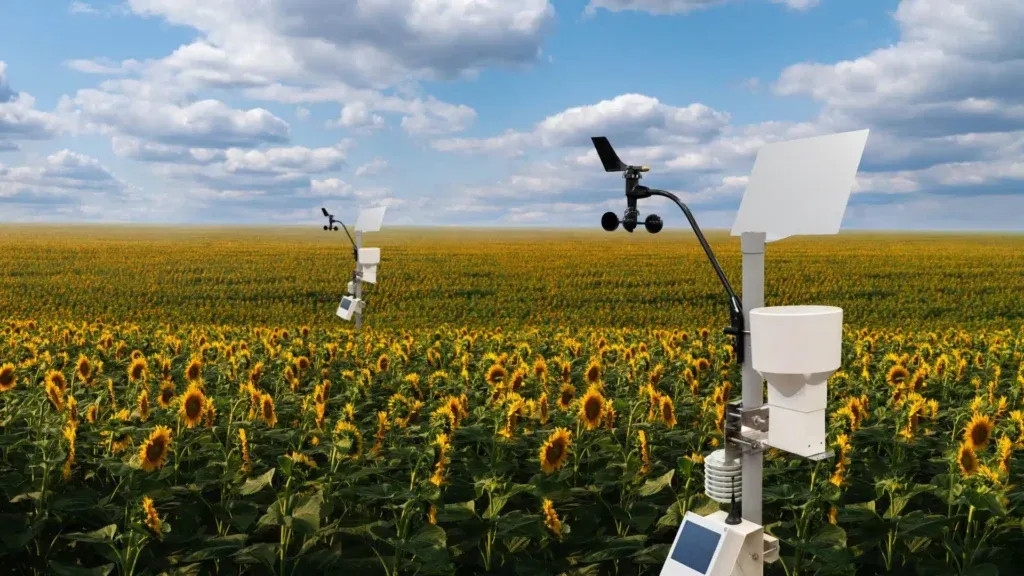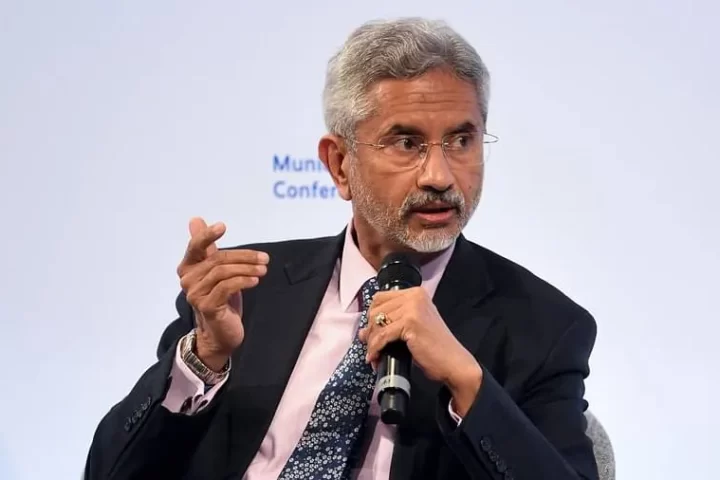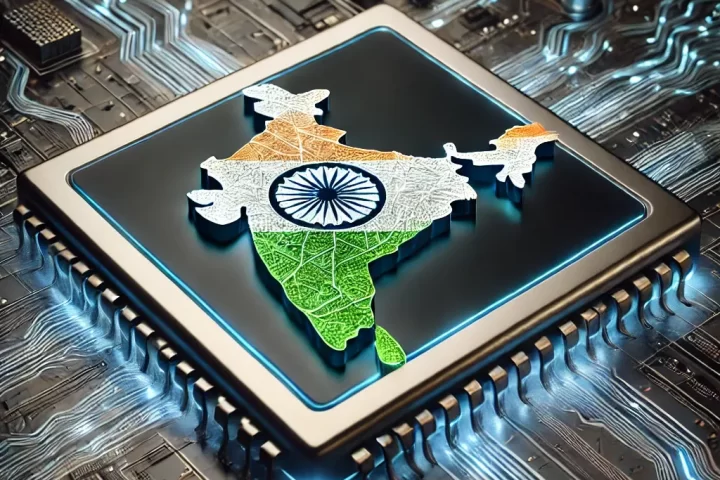India’s agricultural sector, a cornerstone of its economy, is undergoing a quiet but profound transformation powered by artificial intelligence (AI). With over 50% of the country’s workforce engaged in agriculture, the stakes are high: unpredictable weather, depleting soil fertility, pest infestations, and resource inefficiencies present formidable challenges. Yet, a wave of AI-driven tools and startups is bringing hope and actionable solutions to the fields.
Weathering the Storm with Predictive Analytics
India’s monsoon-dependent agriculture, responsible for 70% of the annual rainfall, is often thrown into chaos by erratic weather patterns. AI-powered predictive weather analytics are proving to be a game-changer.
- IBM Watson Decision Platform for Agriculture combines machine learning with hyperlocal data to provide farmers with accurate weather forecasts. By simulating scenarios like delayed monsoons or prolonged droughts, it helps policymakers and farmers plan mitigation strategies.
- Skymet Weather, an Indian startup, leverages satellite-based remote sensing and AI to provide real-time climate insights. These tools enable disaster preparedness and timely interventions, saving crops from ruin.
Optimizing Water Usage with Smart Irrigation
Water scarcity remains a critical issue, but AI is helping farmers use this precious resource efficiently.
- Fasal and CropIn are integrating IoT sensors with AI algorithms to monitor soil moisture and weather conditions. These systems recommend precise irrigation schedules, reducing water wastage while ensuring optimal crop health.
Restoring Soil Health and Tackling Pests
Excessive use of fertilizers and pesticides has degraded Indian soils and polluted the environment. AI offers precision farming solutions to address these issues.
- Soil health analysis through AI tools helps determine the exact type and quantity of fertilizers needed for a specific crop.
- AI-driven pest detection systems, using image recognition and predictive analytics, identify pest infestations early, minimizing the need for chemical-intensive pest control.
Startups like Gramophone provide farmers with mobile-based AI tools to manage pests and enhance soil fertility effectively.
Monitoring Crops from the Sky
Satellite imagery, combined with AI, is enabling large-scale, real-time monitoring of crop health.
- Google Earth Engine and Microsoft’s AI for Earth Initiative analyze vegetation indices to detect signs of crop stress caused by pests, diseases, or water shortages. These platforms empower farmers to take corrective actions promptly, minimizing losses.
Yield Prediction for Food Security
Accurate yield prediction is essential for stabilizing food supply chains. AI models trained on historical and current data offer remarkable precision.
- These tools assist governments and agribusinesses in forecasting supply, stabilizing prices, and planning efficient distribution.
Revolutionizing Market Access
Fair market access has long been a challenge for Indian farmers. AI is bridging this gap by enabling direct connections between farmers and buyers.
- eNAM (National Agriculture Market) and Agribazaar use AI to provide real-time market intelligence, ensuring farmers receive competitive prices for their produce.
Empowering Farmers with Personalized Advice
AI-powered applications offer tailored advice based on local conditions and crop requirements.
- Microsoft’s AI Sowing App helps farmers optimize sowing dates and nutrient management.
- Gramophone’s AI tools provide insights on pest control and crop care, enhancing decision-making.
Driving Sustainability and Climate Action
AI is steering Indian agriculture towards sustainable practices.
- Machine learning models recommend crop rotation and intercropping to boost soil health and carbon sequestration.
- AI-driven afforestation and agroforestry projects contribute to India’s carbon neutrality goals.
Energy Management in Farming
AI is facilitating the integration of renewable energy into agriculture.
- Smart grids and AI-based energy management systems optimize the use of solar and wind energy for irrigation pumps and cold storage facilities, reducing reliance on fossil fuels.
Challenges on the Horizon
Despite its promise, AI adoption in Indian agriculture faces hurdles:
- The digital divide limits access to smartphones and high-speed internet in rural areas.
- Data privacy and ownership concerns remain unresolved.
Government initiatives like the Digital Agriculture Mission 2021–25 and programs under the Agri-Tech Challenge are fostering innovation to overcome these barriers.
Pioneers in the Agri-Tech Revolution
India’s burgeoning agri-tech ecosystem features startups and corporations at the forefront of AI integration:
- Ninjacart streamlines supply chain management with AI.
- Stellapps innovates livestock monitoring systems.
- Giants like Tata Consultancy Services (TCS) and Infosys are investing in AI-driven agricultural R&D.
A Promising Future
The infusion of AI into Indian agriculture is a story of resilience and innovation. By addressing inefficiencies, improving productivity, and promoting sustainability, AI has the potential to turn India’s agricultural sector into a global model of success. However, this transformation will require robust digital infrastructure, farmer education, and ethical AI frameworks to ensure equitable growth.
The seeds of change have been sown, and the harvest promises to be transformative. Agencies










